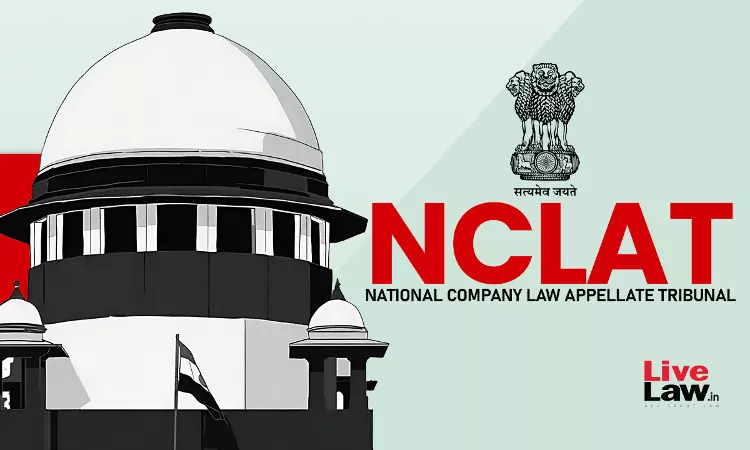S.61 IBC | When Judgment Is Pronounced In Open Court, Limitation Period Runs From That Day : Supreme Court
LIVELAW NEWS NETWORK
4 April 2025 8:22 PM IST

The Court also held that the benefit under S.12 of Limitation Act cannot be claimed when the party did not apply for certified copy.
Next Story


